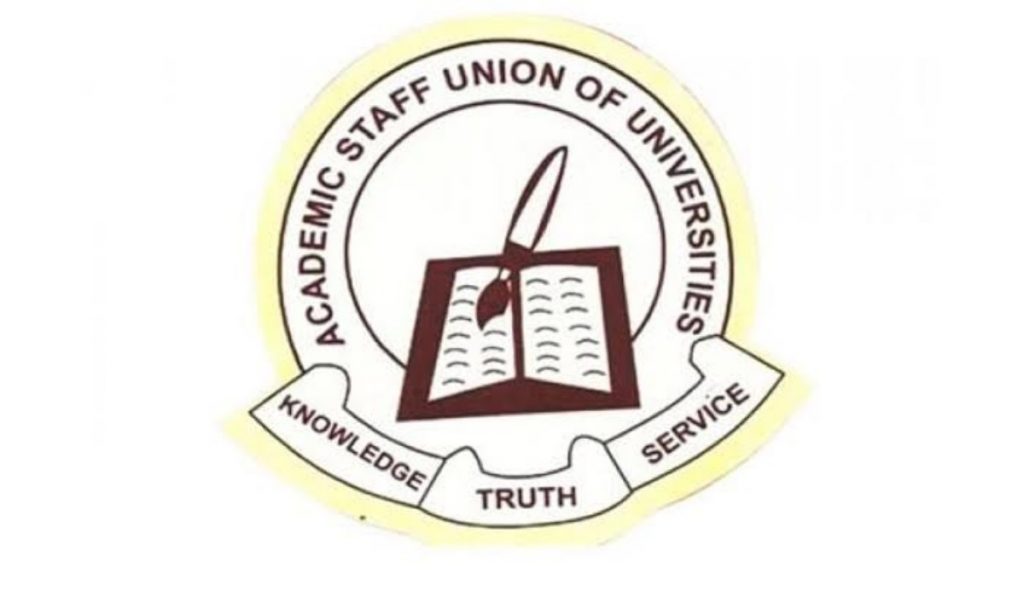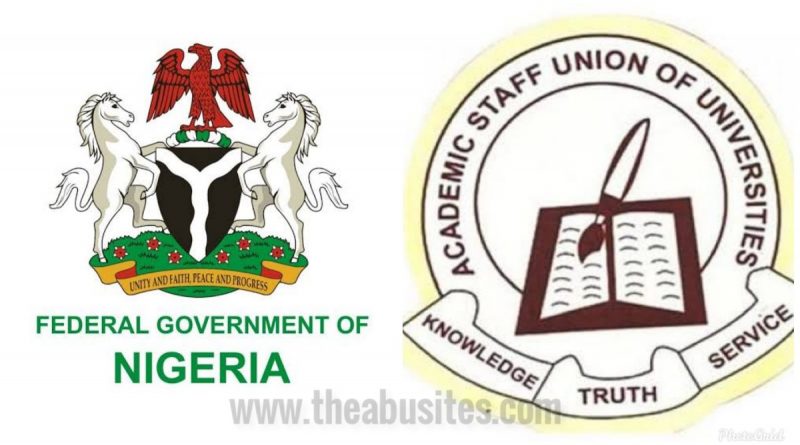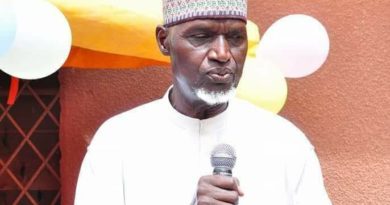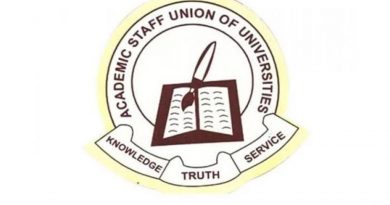The Unending Government-ASUU Imbroglio
By Samuel Oluwole Ogundele
Education is a process of complete or near-complete transformation of a person or persons from ignorance to knowledge, first and foremost, about the world around him or them. This happens through the lens of teaching, training, learning, and mentoring. In this connection, re-training is sacrosanct because knowledge acquisition is not fixed once and for all.
Indeed, educational organisations or institutions are considered to be a vibrant component or sub-system of human society and by extension, culture. Although Nigerians had their own indigenous educational systems, long before the advent of Europe in the 15th century A.D, aspects of Westernisation have been woven, with the passage of time, into the wider tapestry of the country’s culture and civilisation.

This is critical to our successful participation in the global community with its sometimes, fierce competition. Indeed, education and development are inseparable.
It is against this background, that the first higher institution in Nigeria, christened the Yaba Higher College was founded in 1934. Some students of this school formed the core of the newly established University College, Ibadan in 1948. UCI which was affiliated to the University of London became a full-fledged higher institution in 1962.
Additional six universities were founded between 1962 and 1970. They are known up to now, as the first- generation universities. The second-generation universities began to emerge between 1975 and 1980. Universities of Jos, Maiduguri, Calabar, and Ilorin among others were in this group.
The third-generation has such federal universities as Owerri, Minna, and Akure. This is in addition to state-owned universities like Lagos and Akwa Ibom. On the other hand, the fourth-generation higher institutions started in 1991. They continue to increase in number up to now. This category includes relatively new state and private universities as well as the Nigerian National Open University.
The central goal of all these institutions is the transformation of Nigeria into a knowledge-based society where poverty, disease, and ignorance are kept at bay, through local industrialization among other things.
ALSO READ: IPPIS has come to stay, ASUU is misleading its members –Ngige
These institutions are to be producing different kinds of professionals or experts needed to put an end to the colonial-era modes of the economy with all their uncritical dependence or over-dependence on Western industrial capitalism.
But this dream is yet to come true due to a myriad of challenges and sensitivities. To the Nigerian government, education is a cosmetic exercise. This has been the situation, long before the current administration.
Although some main stakeholders in the Nigerian education sector continue to argue, that the UNESCO never recommended that a minimum of 26% of the national budget of an African country should go to education, common sense approach is of the essence in this regard.
Why do we need to wait for any international body to do our thinking for us? The government continues to allocate a very low budget to education, while huge monies go to the bloated state bureaucracy at the expense of economic growth and development. Even when the national economy was buoyant, education was criminally put on the bottom rung of the development ladder. What a primitive, ‘Janjaweed’ leadership!
The government traditionally spends less than 10% of the total budget on education. Thus, for example, 6.7% (amounting to N691.07 billion) goes to education this year. Despite the fact, that Ghana is a smaller economy when compared to Nigeria, it still spends much more on education.
It is a pity, that the Nigerian system which is capable of paying a monthly salary of N15 million (excluding humongous wardrobe, house maintenance, newspapers/periodicals allowances among others) to a senator, cannot properly fund its universities-the engine complex of societal progress. The government is only interested in establishing more universities (caricatured institutions or glorified high schools) for political gains.
Fine-grained researches need monies, modern laboratories, regular electricity supply, and highly motivated staff. No society can experience sustainable development without research. This explains the centrality of university education to the emergence of robust humanity. Nigeria can only be an exception at its own peril.
This is why political leadership over the years, has been uncritically dependent on foreign experts including the predatory Chinese to run its economy. Proper funding of the Nigerian university system, is a task that must be accomplished at all costs if we want to remain afloat the ocean of modern education and development.
However, monies from the government to the universities as well as internally generated revenues must be thoroughly monitored in line with the global academic culture of transparency, accountability, and probity. Both the university management and Abuja overlords need to be monitored so as to pave the way for accountability. Even the monitors must also be secretly checked, in order to reduce corruption to the barest minimum.
Nauseating stories of auditors (hired by a university) going blind and dying suddenly, thus leading to capital flight, is the height of primitivity and irresponsible behaviour. It is an insult to our collective intelligence. The government should be ready to sanction corrupt officials in the interest of the common good.
Today, Nigeria appears to be the world capital of unstable university calendar due mainly to crises anchored to inadequate funding including poor welfare of lecturers and to a lesser extent, non-academics. Our universities remain crisis-ridden to the chagrin of the saner world.
ASUU went on strike in 1981, 1986, 1994, and 1995 over poor conditions of service. This problem continued in 2001, 2002, and 2003. The pattern remains the same up to 2020. In the process, innocent students become victims. The Nigerian political leaders need to be educated about nationalism and patriotism. ASUU and the government are not rivals but partners in progress.
Therefore, the latter does not need to be flexing its muscles in order to frighten and starve ASUU into submission. Both parties should go to Ghana to learn how to resolve an academic crisis without messing up the calendar. The University Teachers’ Association of Ghana (UTAG) and government jealously protect their university educational heritage as a segment of their civic pride.
Contrary to this, the Nigerian leadership does not care a hoot, as the actors focus much more on the arithmetic of power than the welfare of the citizens. Parents and students should avoid the temptation of misdirected aggression, despite this provocation. They need to appeal to the government to mellow a great deal in order to save Nigeria from disintegration.
ASUU, out of patriotism, is always ready for a compromise solution or agreement. But are the overlords or emperors ready to step back from the edge of an abyss in the interest of the country? After the Covid-19 lockdown, what happens to the generality of students as the ASUU strike goes on? After criminally withholding salaries of academics for months, what next? Is that a solution to a serious national problem?
When are the political leaders going to start learning from history? Our elder statesmen cannot afford to keep quiet as the country’s university education is going from bad to worse. This is not about the primordial politics of the belly. Quite frankly, it is a rescue operation!
Prof Ogundele is of Dept. of Archaeology and Anthropology, University of Ibadan.
For Advert Placement, Sponsorship, support, Article submission, suggestion, etc, Contact us: info@theabusites.com, +2349015751816 (WhatsApp)





![CORONAVIRUS: ABU COVID-19 TESTING CENTRE READY [Photos] 6 CORONAVIRUS: ABU COVID-19 TESTING CENTRE READY [Photos] 5](https://www.theabusites.com/wp-content/uploads/2020/04/abu-covid-390x205.jpg)


